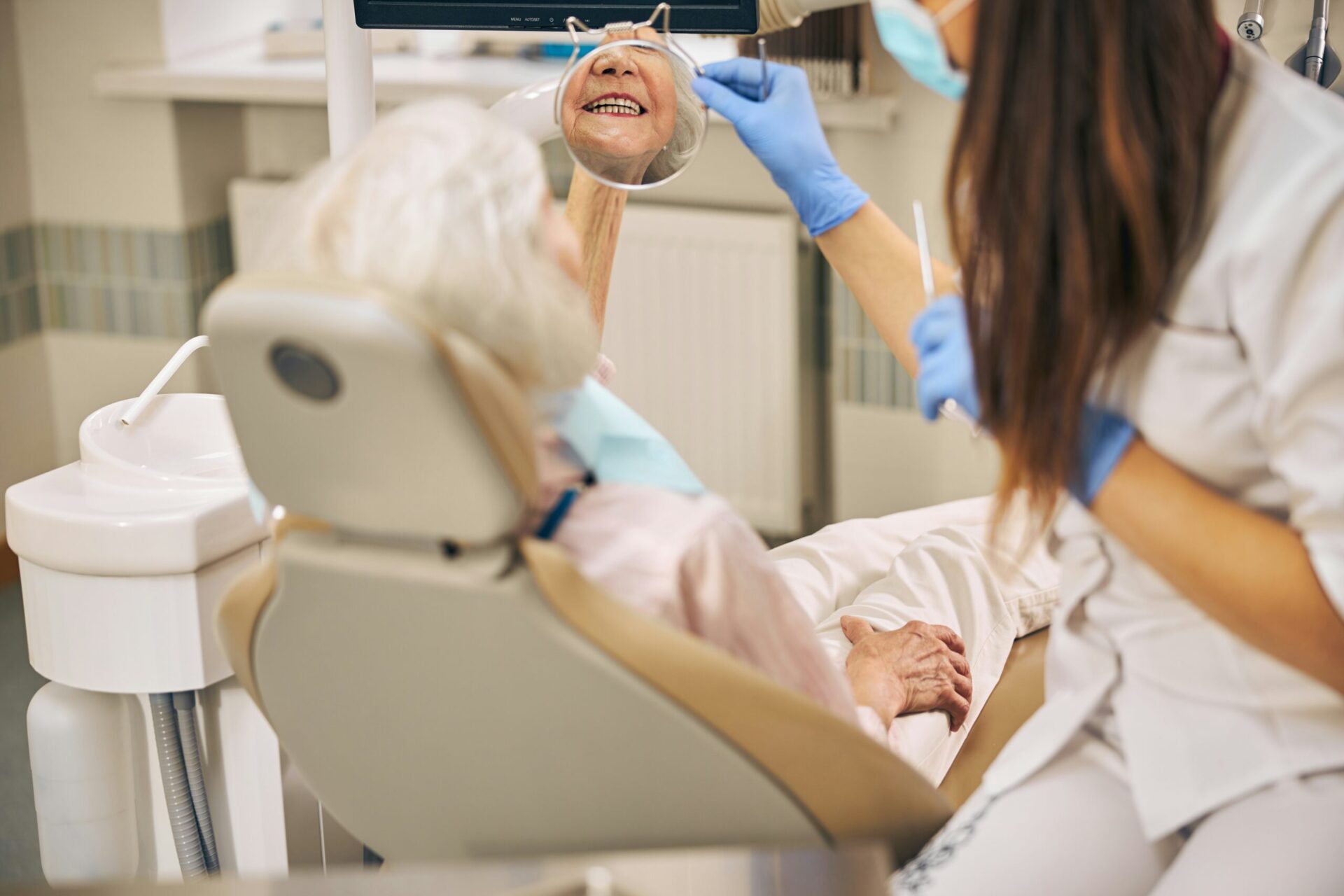Dental implants are prosthetic teeth replacements that restore the oral functions of edentulous patients. There is a proper procedure for placing dental implants in the jaw bone. Taking precautions, including avoiding dairy, is recommended for its adequate healing and long-term maintenance. But, “Why no dairy after a dental implant?”
Let’s understand this in detail.

Dentists recommend that no or fewer dairy products be consumed for the few days following the dental implant procedure. But is it a fact or a myth? Considering the consequences of consuming dairy products after the dental implant, it is recommended not to take them.
However, no scientific evidence suggests so. It is a mere precaution because we must consider the observations of medical practitioners. However, this usually contradicts the ordinary thinking process of patients. They claim that dairy products are nutritious and full of calcium, so why no dairy after a dental implant?
There are reasons for it and must be taken into consideration.
There is a chance that dairy products like milk, yogurt, cream, etc, may cause an infection or trigger inflammation in the tissues surrounding the newly placed dental implant. Dairy products contain saturated fats, which are heavy to consume after dental implant surgery.
So, it’s essential to emphasize slowly transitioning from light food to rich, one meal at a time, one day at a time. Moreover, milk may act as the ground substance on which bacteria may ferment and cause an infection. So, avoiding dairy products for 2 to 3 days is better.
Usually, the texture of dairy products is hard. Due to which they might harm the newly formed blood clot. When dairy products like cheese or yogurt come in contact with it, the blood clot dislodges, and blood oozes from the surgical site. To prevent this, it’s essential to stick with light diets. Even if you want to consume dairy products, begin with low-fat and low-sugar varieties.
Following dental implant surgery, there are various nutrition options, amongst which we must prioritize: which to eat first, which to eat after a few days, and which to avoid as long as possible.
After knowing “why no dairy after a dental implant surgery,” it’s crucial to have better alternatives of them:
Water keeps you hydrated and provides the right environment for the dental implant to heal within the tissue. Moreover, it also rinses the implant’s surface, specifically after meals.
Lukewarm soups and broths boost the immune system and are full of nutrition. Plain broths, at a very low temperature, do not dislodge clots or interfere with the healing.
These smoothies are soothing to the surgical site, and the fiber in the vegetables and fruits satiate the patients.
The quality of puddings and porridge that do not require a lot of chewing(as they are soft) sets them apart. They are an ideal food after the first 24-36 hours.
Now that you know “why no dairy products after a dental implant,” let’s discuss what should be avoided:
Many times, right after their surgery, patients complain that uncontrolled bleeding has taken place from the surgical site. Why would that be? Upon inquiry, the use of straws to drink fluids is reported. When the patient sucks via the straws, a negative pressure is formed, which dislodges the clot, and bleeding results. Therefore, sipping directly from the cup or glass or using a spoon is advised.
Alcohol is harmful to health, and it is not a drink to be consumed after dental implant surgery. It hampers the overall healing process.
Junk food, including pizzas and burgers, and dry and fresh fruits, e.g., almonds, cashew nuts, walnuts, pears, and apples, should be avoided at all costs after the dental implant surgery. It is hard for the patient to eat and chew these hard foods.
So far, the first question: ‘Why no dairy after a dental implant?’ has been addressed above. The following questions are often asked by dental implant candidates:
Being full of nutrients, milk, and other dairy products can be resumed by the patients after about 72 hours. This period marks the completion of initial clot formation and the first step of healing. However, the time may vary depending on your condition, so always follow the guidelines given by your dentist.
No, you can not consume caffeinated drinks like tea and coffee after a dental implant surgery.
It is advisable to drink coffee after about 2 to 3 days. However, make sure that the coffee is not too hot. Wait at least for a week before resuming hot coffee.
Yes, you can have ice cream after your dental implants. Though being high in dairy content, ice cream must be avoided in the first 48-72 hours.
No, smoking causes vasodilation. Vasodilation refers to the dilation of blood vessels. When the vessels of the oral cavity, specifically the surgical site dilate, it may lead to bleeding. Hence, it is better to avoid smoking even after the healing period is over to increase the life of dental implants.
Like ice cream, yogurt must be avoided in the first few days and can be resumed gradually after healing.
This article addresses the answer to your question, ‘Why no dairy after a dental implant?’ The gradual transition from lighter foods to heavier foods, from smoothies to dairy products, over 1-2 weeks is optimal and the conclusive statement to understand it better.
Our experienced dentists at Hesed Dental are here to provide you with dental implants in NJ. An entire pocket-friendly treatment plan is provided, including all the guidelines, habit changes, and follow-up appointments.
Book your appointment today for dental implant surgery in NJ!

Hesed Dental 543 Gorge Road Cliffside Park, NJ 07010
201 941 8877